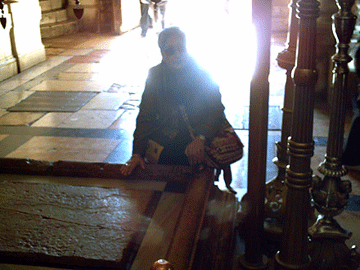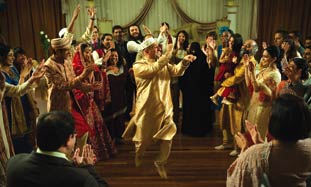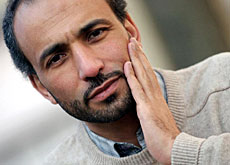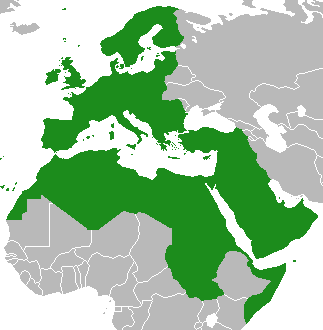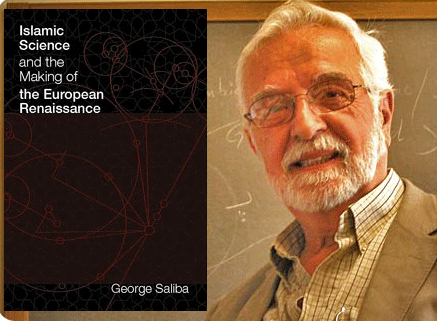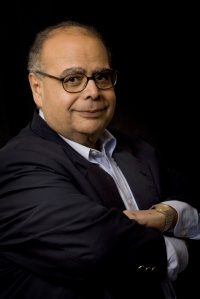
Nasr Abu Zaid was a brave and honest scholar disgracefully persecuted for his attempts to read the Quran historically
by Brian Whitaker, The Guardian, July 6
The divorce case was what made him famous, though it wasn’t the usual kind of celebrity divorce and Nasr Abu Zayd was still in love with his wife.
Abu Zayd, the liberal Muslim thinker who died yesterday, first came to the attention of Islamists while teaching Arabic literature at Cairo university in the early 1990s. They decided that his research contained “clear affronts to the Islamic faith” and accused him of apostasy.
That in turn inspired a group of Islamist lawyers to file a third-party (“hesba”) case, seeking to divorce him from his wife on the grounds that a Muslim woman cannot be married to an apostate – and after a series of court hearings his marriage was declared null and void.
Such was the controversy after the verdict that Cairo university was “turned into a military fortress” to protect him the next time he made an appearance there. Realising that it was impractical to continue teaching under those conditions, and after one of his guards was heard describing him as “the infidel”, Abu Zayd and his “ex-wife” left Egypt and settled in the Netherlands. Continue reading Divorcing fundamentalism


